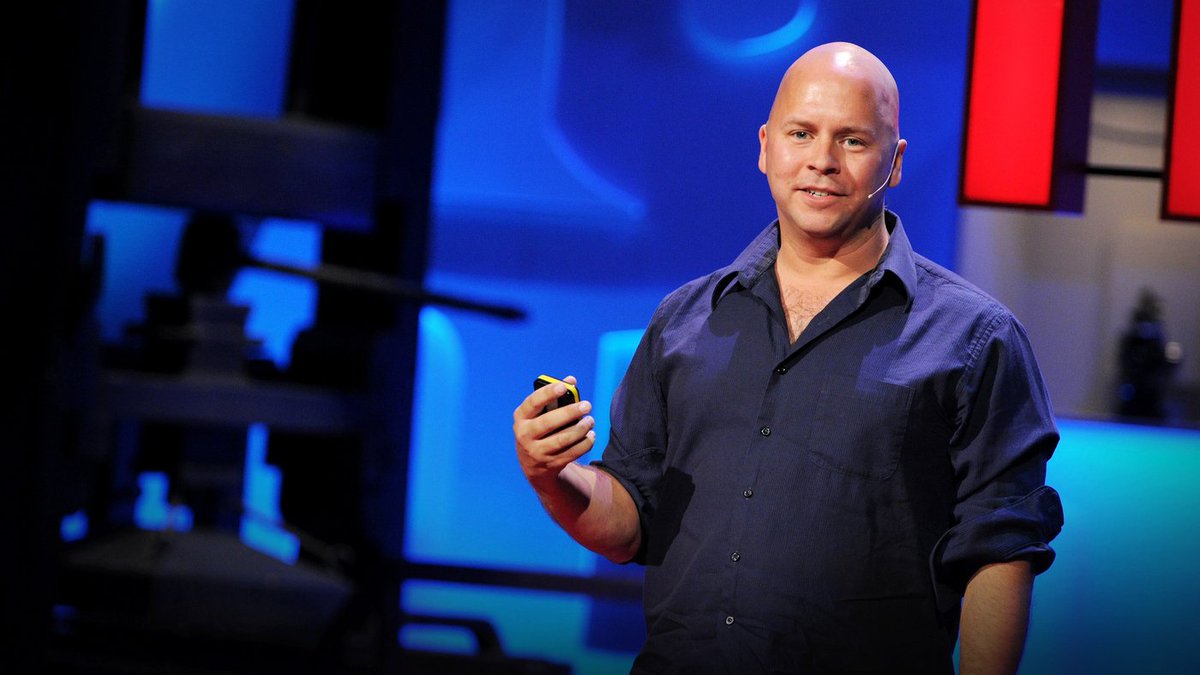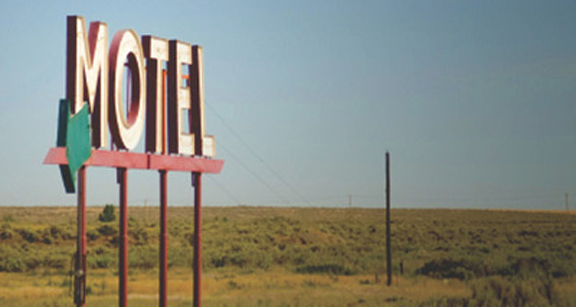
There is no speed limit. You set the pace.
This one lesson has been critical to my success in life and business.
It allowed me to graduate high school at 15, drop out of college to start my first company at 17, and build a multi-million dollar company.
This one lesson has been critical to my success in life and business.
It allowed me to graduate high school at 15, drop out of college to start my first company at 17, and build a multi-million dollar company.
I was homeschooled growing up. When I was 12 years old I remember it snowing fast on a winter day. I couldn't wait to go sledding!
But instead of a pile of snow to play in, I had a pile of schoolwork to do.
There’s no such thing as a “snow day” when you’re homeschooled.
But instead of a pile of snow to play in, I had a pile of schoolwork to do.
There’s no such thing as a “snow day” when you’re homeschooled.
Mom noticed my despair at missing out on near perfect sledding conditions.
“You know, school doesn’t have to take a set amount of time. The sooner you complete your work, the sooner you can go sledding.”
You've never seen a more focused kid. 2 hours later I was in the snow.
“You know, school doesn’t have to take a set amount of time. The sooner you complete your work, the sooner you can go sledding.”
You've never seen a more focused kid. 2 hours later I was in the snow.

That snowy day I learned one of the most valuable lessons of my life: you can set your own pace for learning and getting ahead in life.
My friends were all older than me, so not wanting to be left behind when they all went to college, I asked my parents one question:
My friends were all older than me, so not wanting to be left behind when they all went to college, I asked my parents one question:
"Is high school a fixed number of years or a fixed amount of work?"
Since I had older siblings the curriculum was already established. My parents let me work at my own pace. I used summer road trips to finish a month of math in a day.
The result: I graduated high school at 15.
Since I had older siblings the curriculum was already established. My parents let me work at my own pace. I used summer road trips to finish a month of math in a day.
The result: I graduated high school at 15.
At 16 I had my first paid web design gig.
At 17 I had finished 2 years of college, but decided to drop out after landing my first $10k job.
At 21 I was building iOS apps.
At 22 I published my first book earning $12k in the first day.
I went as fast as possible.
At 17 I had finished 2 years of college, but decided to drop out after landing my first $10k job.
At 21 I was building iOS apps.
At 22 I published my first book earning $12k in the first day.
I went as fast as possible.

It was @sivers that gave me the phrase "There is no speed limit" to describe the life I had already lived.
He had learned a semester of music theory in a single morning then tested out of the class. Ultimately finishing his degree from Berklee years early.
He had learned a semester of music theory in a single morning then tested out of the class. Ultimately finishing his degree from Berklee years early.

In business & life—especially as a creator—there's no set amount of time that something should take. If you're willing to put in more work than anyone else and find real leverage you can get the results much faster.
So don't let anyone tell you there's a speed limit.
So don't let anyone tell you there's a speed limit.

• • •
Missing some Tweet in this thread? You can try to
force a refresh













